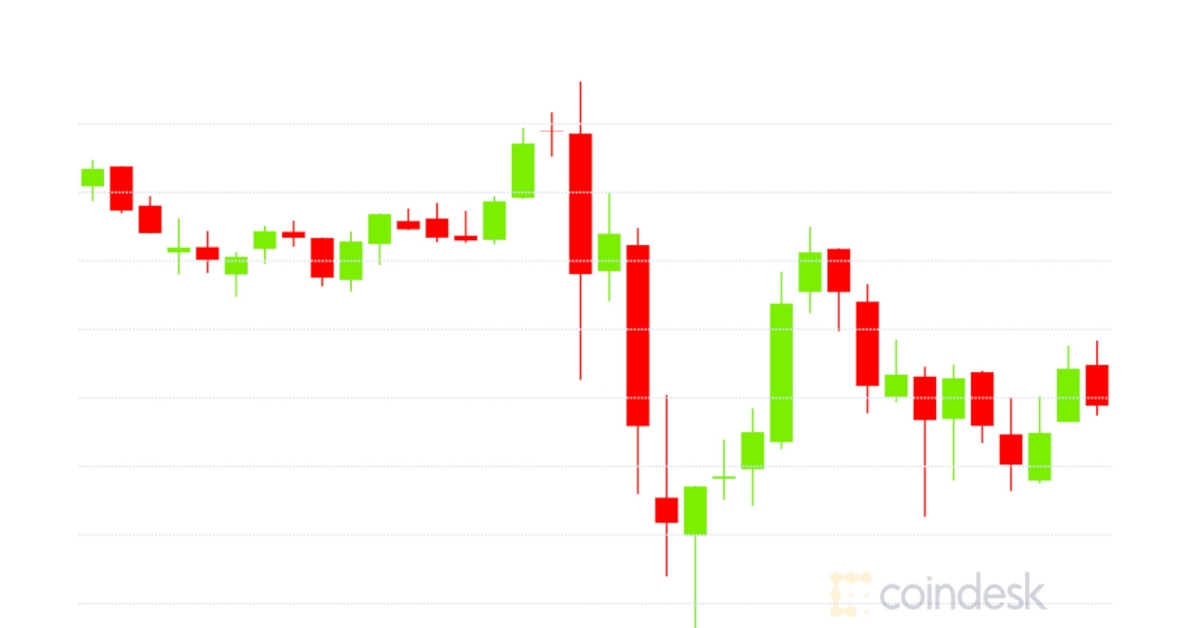Researchers Are Tapping Blockchain Tools in Fight Against Coronavirus
Researchers are increasingly turning to blockchain tools to mitigate the COVID-19 impact, which saw lockdowns and stay-at-home orders in numerous countries. (Credit: Shutterstock)
Researchers Are Tapping Blockchain Tools in Fight Against Coronavirus
A series of ongoing efforts across universities, medical academia, the private sector and even private citizens are harnessing distributed systems in the fight against COVID-19.
The projects are attempting to buttress governmental stay-at-home orders that have frozen billions of people in a global effort to flatten the curve. There’s no known cure for COVID-19 and there will be no vaccine against the coronavirus that causes it for at least a year, leaving medical practitioners, researchers and innovators to try and find ways of mitigating its impact – and blockchain boosters are finding new fronts to pitch in.
One such avenue is in contact tracing. Hasshi Sudler, an adjunct professor with Villanova University’s Department of Electrical and Computer Engineering, is leading development of a permissioned blockchain for doctors to trace positive COVID-19 cases, possibly getting ahead of future outbreaks.
“Medical institutions, whether they know each other or not, whether they trust each other or not, can exchange information about who they know that is infected and maintain contact with who is infected,” over the blockchain, Sudler told CoinDesk.
The need is clear: a number of countries instituted lockdowns to prevent the virus’s spread, leading to massive unemployment numbers and a likely recession.
The Villanova project is still in its early stages, but around the world other initiatives are racing ahead, or already deployed.
In Berlin, startup Spherity has developed a decentralized identity system to help patients keep their social distance while getting medication. Honduran authorities have deployed a blockchain-backed app to track and manage stay-at-home orders.
Six thousand ethereum miners are now contributing to Stanford University’s Folding@home distributed computing project, which pools GPU power to search for a COVID-19 cure.
Academia, too, has begun prodding for novel blockchain pandemic applications. An April 5 submission to the journal Diagnostics proposed a combined blockchain and AI system for self testing.
Long way to go
The cross-industry efforts remain a small part of the fight against the pandemic.
The Centers for Disease Control and Prevention (CDC) – a critical institution in the U.S. fight against COVID-19 – highlighted the potential for digital technologies to help combat pandemics in a Monday blog post.
CDC’s post cited two March 27 articles in the journal Nature Medicine that discussed technology in the context of COVID-19. The first commentary mashed up “four inter-related technologies” – internet-of-things, artificial intelligence, big-data analytics and blockchain – and dove into each tech’s surveillance and mitigation capacity. The second weighed responsible technology use against public health imperatives.
Authors of the CDC post implicitly endorsed many of the first article’s stated digital technologies by giving examples for each one’s use. AI could help detect COVID-19 cases or develop vaccines; big data could help model viral outbreaks; IoT could be a powerful avenue for public health data collection, but, as the second article noted, would force thorny questions about privacy and ethics.
“Control of pandemics can require unusual steps that must be measured and limited to the scope of the outbreak to prevent overreach,” CDC authors wrote.
Blockchain’s likely impact was detailed in the first cited Nature Medicine commentary. There, authors predicted that blockchain would have a low likely impact in vaccine manufacture and insurance processes, and a moderate likely impact in the distribution of medication, which researchers said was already happening in Chinese hospitals.
“Through the use of blockchain, hospitals could ensure timely delivery of medications with accurate tracking,” the Nature Medicine authors wrote.
Disclosure Read More
The leader in blockchain news, CoinDesk is a media outlet that strives for the highest journalistic standards and abides by a strict set of editorial policies. CoinDesk is an independent operating subsidiary of Digital Currency Group, which invests in cryptocurrencies and blockchain startups.









